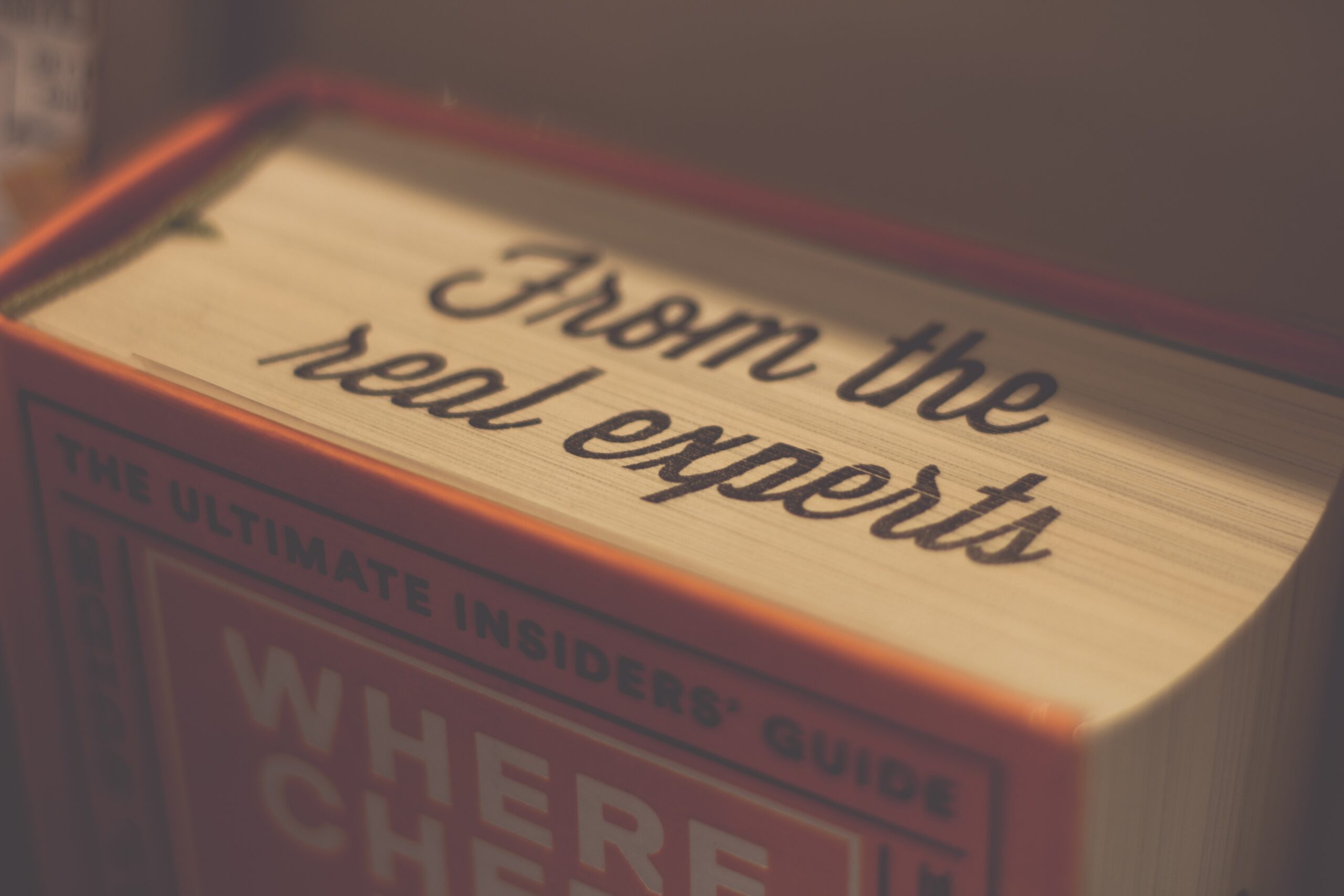
Know your experts
In this covid-19 crisis, experts are often, (if not always) referred to in support of the narrative/discussion. The general public tends to trust the view in question when it is confirmed by experts. ” The experts say”, “according to Dr. E-XYZ-” etc. But in reality, these experts may not be the appropriate voices in some topic. We rely on many experts; expert seen on mass media, members of your family, or close friends. They come from many walks of life, and have a vast array of individual expertise. Take the time to research the referenced expert, using two different search engines, look at their credentials, their specialty ”expertise” and evaluate if the expertise is pertinent, relevant or if it is a case of ” use my title even if I don’t know what I am talking about”. They may be very knowledgeable and competent in their own field of expertise, but when it comes to the issue at hand they may be like the regular ” Jack and Jill”. In order for you to know who to listen to, who to trust, it is fundamental for you to know your expert.
From the medical community
From science
- Anthropologist
- Biologist
- Biotechnology expert
- Biochemist
- Chemist
- Epidemiologist
- Genetics, epigenetic expert
- Immunologist
- Microbiologist
- Molecular biology expert
- Pharmacist
In this current crisis caused by the SARS-Cov-2 crisis, a multidisciplinary perspective involving different expertise is necessary in make sense of all the opposing views and properly detect the truth from the forgery.
Most pertinent: epidemiologist, biotechnology specialist or scientist (molecular biology, biochemistry), immunologist, microbiologist.
How often have you seen them expressing their views?
From administration
Elected officials
- President, Prime Minister
- Deputy
- Board; school, union, company, hospital, community etc,
Their situation results from electorate votes. They most likely will not have the knowledge in terms of pandemic, of science, of vaccinology. They will rely on their appointed entourage for advice.
Ex:
Donald Trump former US president is a businessman
Ronald Reagan, former US president was an Actor
Emmanuel Macron, current President of France, was an investment banker.
Christian Dubé current Quebec’s Health minister was an accountant.
Appointed officials
- Director
- VP
- Deputy
- Government ministers
They hold their position from nomination from higher elected official.
Legal, ethics and morality
- Bioethicist
- Lawyer
- Legislators, law makers
- Pastor
- Minister
- Shaman,
- Rabi,
- Imam
Good or right, ethical, amoral, legal or illegal who decide? It also has a great importance due to the ethical aspect of many governmental decisions.
How often have you seen or heard their views and perspective?
An expert may have a specific domain of work within his field, or may have touched and worked in various domains and acquired a very vast expertise which may make him/her a very reliable reference. This section was created for you to be able to evaluate to what extent you should trust others in this decision. Can you imagine if everyone is relying on others, who turn out to be in fact quite unreliable… People who pretend to know, who think they know, who have hidden agendas, who lack ethics, who are playing medical vigilantes.
*Occupational bias should be taken into account ex: An accountant will tend to see from the lens of monetary profit: to them benefits are mainly judged in terms of financial gain. Most doctors, (mainly GP, pediatricians) use vaccines as necessary tools for their practices. This vision is part of their academic education and experience with the traditional vaccines may prevent them from being objective when it comes to this particular set of injections.
Before laying your precious trust onto someone, look at the credentials; ask yourself ‘’what makes this person credible?’’. Other than per his title, how did he acquire the specific expertise needed for this particular issue? Do not silence yourself, try to express questions that are in the back of your mind while listening or reading interviews, podcasts, articles or excerpts. Try to evaluate personal biases the “expert ” may have, due to his associations, medical education or trauma based influence. Morals and ethics are very important but often cast aside. It is important to feel that the experts hold themselves to high moral standards; genuineness, honesty and selflessness must be felt, must be pouring out. Finally ask yourself ” what does this person have to gain (or lose)?”.
